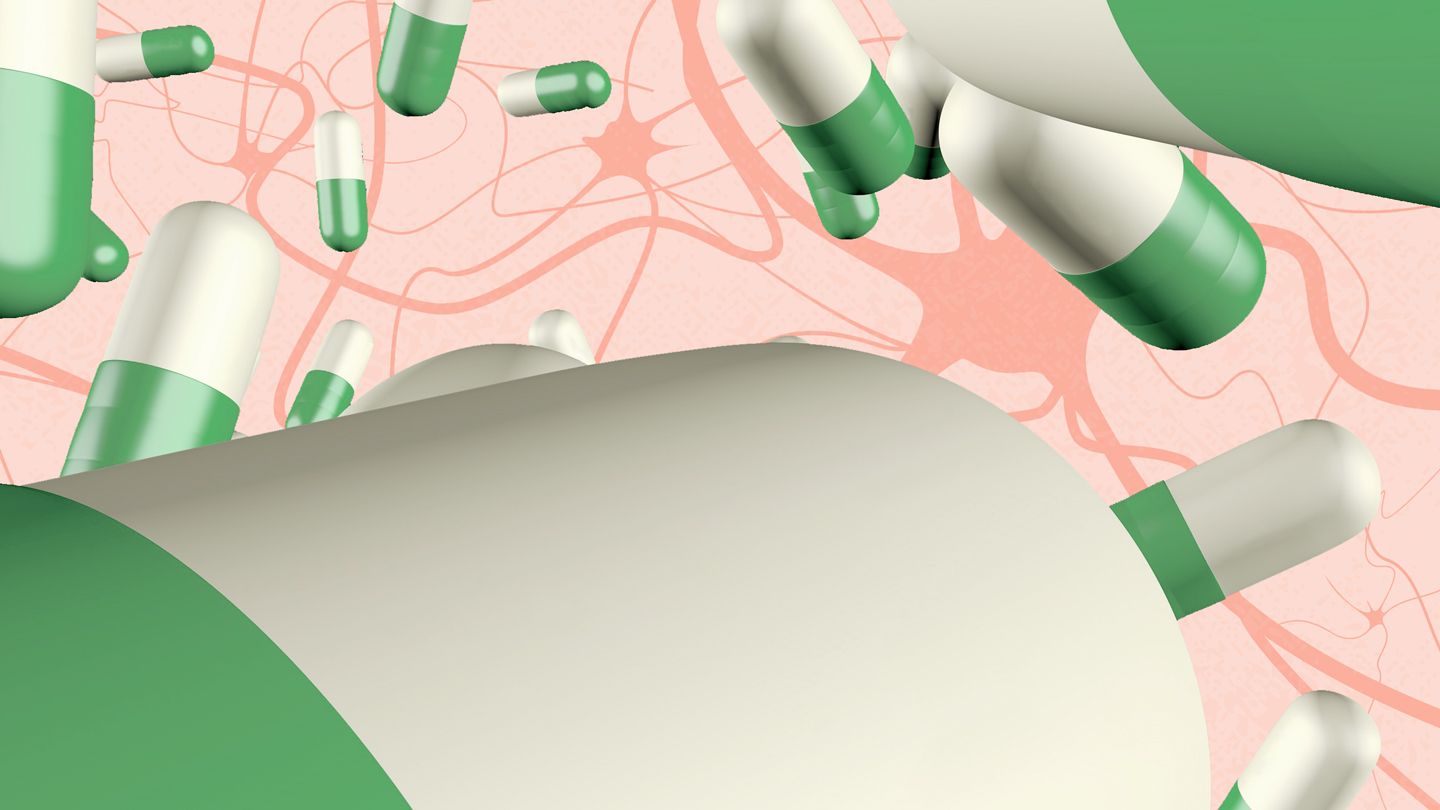Understanding Depression and Finding Your Way Out
Depression is a serious medical illness that negatively impacts how you feel, think, and act. It can make even basic everyday tasks seem impossible and leave you feeling drained of all motivation and energy.
Symptoms of Depression
People with depression typically experience some combination of the following symptoms:
- Feeling sad, empty, or hopeless
- Losing interest in activities once enjoyed
- Changes in appetite and weight
- Difficulty sleeping or sleeping too much
- Physical pains, headaches, or digestive issues
- Fatigue, lack of energy
- Feeling worthless or guilty
- Difficulty concentrating or making decisions
- Thoughts of death or suicide
Causes of Depression
Depression does not have a single cause. Often it results from a combination of factors including:
- Brain chemistry imbalances
- Hormone changes
- Genetics and family history
- Difficult life events, trauma, grief, stress
- Substance abuse or withdrawal
- Certain medical conditions
Staying Productive with Depression Through Treatment
One of the main ways depression interferes with productivity is through fatigue, lack of motivation, and difficulty concentrating. Getting effective treatment helps minimize these issues.
Medications
Antidepressant medications work to rebalance brain chemicals like serotonin and norepinephrine to alleviate symptoms. This can go a long way in improving energy and motivation levels. Some tips for getting the most benefit:
- Give meds 6-8 weeks to fully work
- Take at optimal time - often morning is best
- Communicate with doctor about any side effects
- Don't abruptly stop without doctors guidance
Psychotherapy
Types of therapy like cognitive behavioral therapy (CBT) help identify unhealthy patterns of thinking and behavior that worsen depression. Therapy equips people with effective coping strategies to combat negativity and be more productive. Therapy can be done individually or in group sessions.
Light Therapy
Light boxes that emit bright light can help regulate serotonin levels and circadian rhythms tied to mood. Getting daily light therapy sessions can provide energy and motivation boosts to improve productivity.
Alternative Treatments
Options like meditation, yoga, acupuncture, and massage therapy may enhance wellbeing, lower stress, and reduce depression symptoms like fatigue for improved daily functioning.
Making Lifestyle Changes
Incorporating healthy lifestyle habits into your daily routine can lessen depression severity. This enables you to have more capacity to focus your efforts how you want.
Eat a Nutritious Diet
A diet consisting of lean proteins, fruits, vegetables, and whole grains nourishes your body and provides stable energy. Limiting heavily processed items, sugar, and refined carbs prevents crashes.
Exercise Regularly
Exercise stimulates endorphins, circulation, and tunes up neurotransmitters involved in mood regulation. Getting 30-60 mins daily can boost productivity all day long.Reduce Stress
Unmanaged stress significantly worsens depression and functioning over time. Actively work to minimize sources of stress and make time for relaxing self-care activities to lower anxiety and depressive symptoms.
Get Enough Sleep
Aim for 7-9 hours of quality sleep per night. Proper rest combats homeostatic dysregulation underlying mood issues and equips you for daily challenges.Limit Alcohol Intake
Drinking excessively often increases depression severity. Limit consumption focusing on other positive coping strategies that enhance productivity more effectively long-term.Using Structure and Support For Accountability
Establishing structured routines, reasonable goals, and regular social support builds constructive accountability as you learn to manage depression.
Set a Consistent Schedule
Having set times for waking up, meals, work, exercise, socializing, and sleep regulates biological rhythms for optimal daily functioning.Set Achievable Goals
Break big tasks down into mini-goals you know you can accomplish each day. Small daily progress boosts motivation to maintain consistency.Access Social Support
Interaction with supportive friends, family, groups, and mental health professionals provides problem-solving guidance so you don't get derailed.Track Your Results
Journaling thoughts, mood, habits, and achievements raises self-awareness regarding what helps versus hurts your progression.Reward Yourself
Reinforce positive choices that support your physical and mental health by doing activities you find rejuvenating.When to Seek Emergency Care
If at any point depression is making you feel actively suicidal it is essential to go to the emergency room or call emergency services right away. There are always alternatives available to get you through even seemingly hopeless situations.
Disclaimer: This article is for informational purposes only and does not constitute medical advice. Always consult with a healthcare professional before starting any new treatment regimen.
Related Coverage
Anxiety, depression and other mental health disorders deeply impact millions globally. Learning coping strategies and seeking help aids in healing and recovery....
Learn about the serotonin-related interactions between Vyvanse and Prozac and the potential for developing dangerous serotonin syndrome from medication overdoses....
Being ignored triggers a Cancer man's fear of rejection. He'll withdraw into his shell initially when ghosted, but may reach out for clarity. Show effort to reconnect....
Learn about the complex effects of weed compounds like THC on serotonin levels, receptors, production in the brain and how this impacts mood, behavior and health....
Current data on depression rate by race, why numbers differ, and simple steps for individuals and communities to find help....
Cleaning a messy home when you feel lazy or depressed can seem impossible. But living in clutter can worsen mental health. Break cleaning down into managable mini-tasks, set timers, outsource help when needed....
Loneliness and depression often go hand in hand. Find out how these feelings are linked and what you can do to feel better....
This article explores the background, areas of expertise, treatment approaches, media commentary, and advice on supporting loved ones with depression from seasoned psychotherapist Dr. Rena Goodfriend....
Depression can make life feel destroyed and hopeless. Learn signs depression has taken a toll like losing interest in activities, declining work/school performance, and suicidal thoughts....
Depression can make personal hygiene difficult, but small steps like lowering expectations, breaking down tasks, and scheduling can help overcome obstacles....








